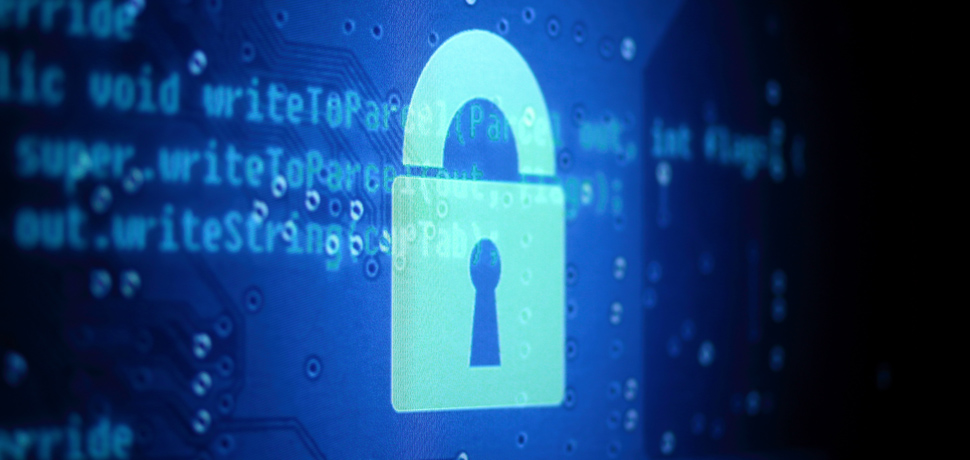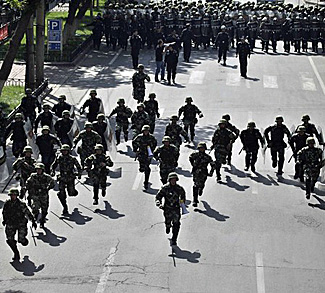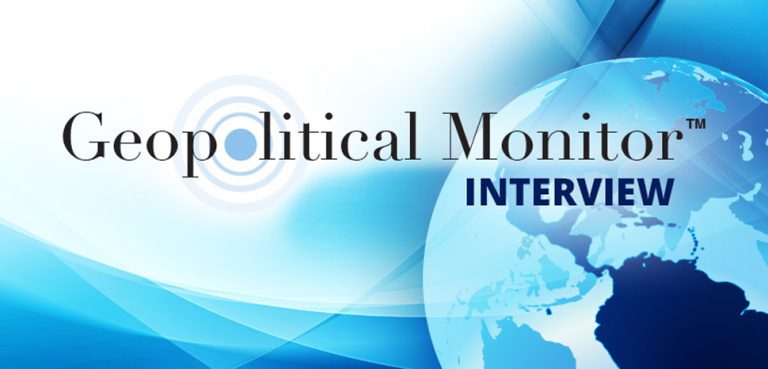Globally recognized for its oppressive regime and enforcement of mass censorship, the totalitarian state of North Korea makes South Korea seem a model democracy in comparison.
Though South Korea is undeniably more democratic, liberal, and progressive than its totalitarian neighbor, it too is guilty of violating Koreans’ rights to freedom of expression and privacy.
While Moon Jae-In has been making headlines for his positive involvement with US-North Korea negotiations, he has simultaneously been at the helm of a far less admirable system of censorship that has largely gone unnoticed by the international community.
In the wake of new internet laws set to infringe even further on South Koreans’ right to privacy and digital freedoms, it is time to consider the possibility that the country is less free than it may first seem.
SNI Snooping
On March 7, the KCC (Korea Communications Commission) announced that all internet-related organizations would have to abide by domestic laws regarding user data and privacy.
This follows the country’s decision to start SNI snooping, a method of viewing what sites users are attempting to access in order to block blacklisted content. Together, these acts suggest the South Korean government is seeking to gain complete domestic control over internet access, a move which has critical implications for the rights of users in the country.
SNI snooping allows the KCC to see the hostname of servers that users are attempting to access. This allows ISPs to block users from visiting sites that appear on the national blacklist.
This is a significant development from the preexisting use of DNS blocking, which could be circumvented by simply connecting to the secure, HTTPS counterpart of blocked sites. Now the only way around the site-blocking would be to use a VPN, a tool that encrypts and diverts a user’s internet connection via a remote server.
The implementation of SNI snooping has been met with petitions by South Koreans concerned about their privacy and the ease in which these methods could be used to exert mass censorship, a tactic already employed in China.
Pre-Existing Censorship in South Korea
Though these new laws will allow South Korean authorities to spy on internet users with new-found ease, they should not come as a surprise. They are just the next logical steps taken by a state which already monitors, censors and even punishes those who so much as mention North Korea.
Since 1948, South Koreans have had to abide by the National Security Act. This prohibits the ‘praising, encouraging, or propagandizing’ of North Korea and came out of the state’s division after World War II. It can result in imprisonment for up to seven years for those convicted of ‘supporting’ North Korea.
Though this law may seem understandable, the broad wording leaves it open to abuse by South Korean authorities who can use it to target and punish innocent civilians and political opponents.
One example is the case of Kim Ho. In August 2018, tech entrepreneur Kim Ho was arrested under the National Security Act for supposedly leaking military secrets to North Korea. In fact, he had merely neglected to alert South Korean authorities that he been using engineers in North Korea to help build facial recognition software.
The National Security Act is not the only law in place to encourage self-censorship and punish innocent Koreans. The Act on Anti-Terrorism for the Protection of Citizens and Public Security enables the NIS (National Intelligence Service) to remove any content posted online that they deem a threat to security. This law also allows the NIS access to personal conversations and a whole host of other data, including financial records and location data.
The Information and Communications Network Act also encourages companies to self-censor their websites, with those most actively censoring likely to be granted leniency in any future court proceedings.
Even the Constitution of the Republic of Korea provides contradictory information on free speech. It states that ‘all citizens shall enjoy freedom of speech,’ while maintaining that such speech should not ‘violate the honor or rights of other persons nor undermine public morals or social ethics.’ In other words, Koreans are only allowed to express views in line with government values.
Clearly then, censorship in South Korea is no new thing. SNI snooping and the enforcement of domestic law on foreign companies will only enhance internet control in a country which still operates under unfair, draconian censorship laws.
Why Now?
The introduction of these new practices may come as a surprise given Moon Jae-In’s global recognition as a liberal and democratic leader.
However, it becomes less so when viewed as a way for the South Korean president to preserve his fast diminishing support. The country’s stagnant economy and rising unemployment are two factors which have contributed to this, causing discontent amongst young men in particular.
Moon may be seeking to increase censorship as a way of preventing dissent. After all, this method has been used to great effect already in China.
Conclusion
Censorship in South Korea has largely flown under the radar of global concerns regarding internet freedoms. This is despite the continued enforcement of laws such as the National Security Act which have long put user freedom and privacy at risk. Further regulation of foreign companies and routine SNI snooping will inevitably lead to increased censorship and site blocking in the country.
By undertaking these actions, South Korea is following the global trend of increasingly autocratic digital governance. Other Southeast Asian countries such as the Philippines and Thailand have been steadily increasing censorship and violating user privacy, with the latter passing a new law in March allowing the government to access computers without a warrant.
Western countries are also invoking similar measures. Acts such as the “Snooper’s Charter” in the UK and the Assistance and Access Bill in Australia allow governments access to personal information that would otherwise remain encrypted.
Clearly, South Korea is far from alone in its attempts to regulate internet use. However, by being viewed in juxtaposition with China and North Korea, it has managed to escape much critical discussion, often appearing exemplary in comparison.
It is important that the global community become aware of these new laws and their implications, as well as South Korea’s pre-existing censorship methods. Koreans are entitled to unrestricted access to the internet and should not have to self-censor their behavior out of fear of who’s watching.
The views expressed in this article are those of the authors alone and do not necessarily reflect those of Geopoliticalmonitor.com or any institutions with which the authors are associated.




